In 2016, I section hiked about 500 miles of the PCT. At the time, I had been a vegetarian for a few years. I dabbled with a vegan diet on and off during that time. I suffer from a weird form of irritable bowel syndrome and have met with a few gastrointestinal doctors. Through an elimination diet, I found that a low to no meat diet dramatically helped me. During my thru-hike, and since then, I began to eat meat again for the personal benefits I found from animal proteins compared to plant-based proteins. After about two years of reintroducing meat into my diet, I’m still learning what works and doesn’t work for me. As of late, I am even considering becoming a vegetarian again as I’ve been having digestive issues. My diet aside, I would like to point out that I am not a nutritional expert by any means and am learning that everyone processes food differently. For whatever reasons you are choosing a vegan diet, I hope this guide helps you think of some creative ways to incorporate a vegan diet into your backpacking lifestyle.
What does a vegan diet look like?
Many people adapt their diet to fit their lifestyle. Sometimes we are forced to eat a certain way because of what food is actually available. The trail can be an even trickier place to navigate vegan resupplies when on a thru-hike. For this article, when I refer to a vegan diet, I am talking about food and products that have no animal products in them and are predominately plant-based. This does not necessarily mean that the food was processed in an animal product free plant and has had absolutely no contact with animal products. If you are avoiding food on that scale, I recommend diligently planning out your resupplies. And, of course, a quick gas station resupply may not have the options that a health foods grocery store may have, but did you know that even Oreos are vegan? There are options and by the end of this article, I hope you can take away some better vegan backpacking meal ideas.

Major Meals
Breakfast
The first meal of the day can be very important, especially when thru-hiking and burning calories. There is a lot of information out there about intermittent fasting and a lot of folks skip breakfast whether they are trying to fast or not. I believe it is safe to say you are going to be burning a lot of calories when hiking and if the main purpose of hiking is for your personal enjoyment, then why take away from that by skipping breakfast?
Personally, I like to eat something that is going to stick with me. Nut butters are an excellent source of fatty food that is likely "go the extra mile" before feeling hungry again. Justin's Nut Butters are great. Their maple almond butter is one of my favorites. They also package most of their nut butters in small packets which are perfect for backpacking. There are also plenty of other nut butter brands out there and having up to a full jar of nut butter on the trail can be quite the treat while providing hiking fuel throughout the day.
Granola is another excellent option. It can be a bit dry at times, but these days they have powdered milk alternatives that can make a dry bowl of granola delicious with just a dash of water.
I personally love oatmeal, and there are plenty of vegan oatmeal options. Some people have a disdain for oatmeal and can’t stomach it, but I find the best way to have it for breakfast is on the go. If the day ahead of you is full of miles the best thing to do is wake up, pour some water in the oatmeal pouch, and set it aside to soak while you’re packing up. Sure it’s not how mom might have made it, but you can easily eat it on the go within the first mile of the day without any mess except properly putting the empty oatmeal packet in your trash bag after you’re finished.
ProBar, as well as many other meal supplement companies now have vegan bar options with everything from protein to fatty carbs. You can pack a lot of calories for not a ton of weight into those bars if you need to mix things up while keeping breakfast quick and simple.
If you’re a coffee drinker, consider bringing along a small baggy of MCT Oil Coffee creamer for a filling cup of coffee. Laird Hamiltion makes some pretty tasty vegan options. I particularly enjoy the turmeric one.
Lunch
Lunch for me has always gravitated towards a break with heavy snacking. If the area you’re hiking in has plenty of views, I may have a second or third lunch depending on the day. Isn’t that one of the best parts of hiking though? Often times, a quick bite is enough to keep the miles rolling, but every now and then, a hot meal at lunch can really be an extra morale booster. This is when I usually bust out the Patagonia Provision's soup I'll mention more about further down.
Meal Bars, trail mix/nut blends, and dried fruits are excellent options for a quick bite as well. That jar of nut butter is a great option too. You may need to check the ingredients for processing, but salty, simply processed chips are tasty and light snack to take into the backcountry.
If you have access to it, there are vegan jerky options made from mushrooms and or soy ingredients. I’m a fan of mushroom jerky because it can be added to soups and ramen for an extra flavorful treat once it rehydrates.
If you’re taking the time to boil water for a hot lunch, my favorite vegan options are Patagonia Provision’s soup mixes. I find them hearty enough to keep you full all afternoon, but they are not heavy enough to induce sluggish napping tendencies. If you’re hungry enough, a full pack is fine, but I find that one package can be split in half for two meals. One full packet might be enough for dinner, but you may find yourself wanting to supplement with bread or something like that for a dinner time meal.
Dinner
For dinner, the easiest option is to bring dehydrated or freeze-dried backpacking meals. Backpacking Pantry, Meal-To-Go, Food for the Soul, Harmony House Foods, and Made in Nature are just a few of the many pre-packaged options out there.
Another great option is a soup kit. Many grocery stores have kits of soup ingredients where they only ingredient that's not included is hot water. On top of soup kits, there are plenty of vegan versions of hikers’ favorite meals. From Mac and No-Cheese to frozen vegan burritos and the vegan dinner options are growing. The trick I found with some of the frozen vegan burritos is that if they are pre-cooked, you can pick a few up during a resupply and plan on having them later that day after they thaw in your pack. (I've heard of some hikers doing this with meat burritos. I'm sure its fine and hopefully the meat is pre-cooked, but I'll note that they usually have pretty gnarly trail names associated with them. I'm not saying there's a correlation there, but someone should look into that.)
Many thru-hiking vegans will need to supplement their resupplies by strategically mailing their resupply boxes since many small-town grocery stores have more limited food options. Preplanning your re-supply boxes provides you the opportunity to get into the world of dehydrating your own favorite vegan meals to enjoy out on the trail. It's a tasty, beautiful world.
Beef things up (without eating beef)
There are some additional vegan backpacking food options you can pack along to either enhance your meal or just ensure you’re getting all your nutrients. Some of these tips may even help reduce the insatiable hunger that overtakes you after too many days of too many miles.
Olive oil is something every hiker should have on hand. It can be tricky to avoid leaks, but with the right bottle, a little bit of olive oil can really help you stay full and pack important calories into a meal. I’ve also been getting into avocado oil and find that it adds a nice flavor to my dinners. If you toasted bread with some avocado oil on it, would you consider it avocado toast? It'd sure be a weight efficient way to get your fix when away from urban sprawl.
I began my PCT hike while on a strict vegetarian diet and ended up eating meat after I dropped 40 lbs and felt weak. I knew I needed protein, and thought going back to eating meat would help. Towards the end of my section hike, I met a hiker with a couple thousand miles under his belt. He asked how much weight I had lost and recommended I start carrying Muscle Milk protein powder to start and end my day with. While Muscle Milk has dairy, I’ve found that Garden of Life makes an excellent protein and meal replacement powder that I would recommend to any vegan and even non-vegan. They do a great job of including much-needed nutrients that we could all use a bit more of on a daily basis.
Resupplying in Town
In a pinch, there are plenty of vegan options that can be found even in a gas station. Unfortunately, these are often accidental or non-intentional vegan food options and are often heavily processed. When you’re burning thousands of calories a day on a thru-hike, this may not matter as much and can help get to the next town, but as my parents always told me growing up, “garbage in is garbage out”. I think they were referring to The Simpsons, but I believe the message can be applied to food as well.
I still believe you can get by as a vegan on the trail, especially with some preparation. The fact that most grocery stores in decent sized towns have more vegan food available should be even more encouraging. Just check the labels first.
More resources
If you are looking for more ideas or meal options I would recommend checking out Rebecca Gilbert’s blog Yummy Plants. She has many vegan recipes, but also reviews vegan foods and even has an “accidentally vegan” section which can help you know about more commonly found vegan snacks.
If you are into pre-packaged meals and are looking to stock up on some, Fresh Off The Grid has a very thorough resource guide to several vegan backpacking food options, including many of the brands I listed above. The Blueberry Maple Crunch sounded delicious to me.
Save your recipes! If you like to cook and find a recipe you dig, save it. You might find it’s a tasty meal to dehydrate if you get into meal prepping.
Parting Words
I hope this guide is used as just that - a guide. I want to re-emphasize that I am not a nutritional expert. I find that I feel better hiking when I’m eating clean and predominately plant-based meals, but understand when there is a need to adapt. From my experience, it is a bit easier to get vegan food at home in preparation for a hike, but re-supplying on the go can still be an option with a little bit of ingenuity and time spent reading ingredient lists.
Written by Graham Hodge. Photos by Whitney LaRuffa.


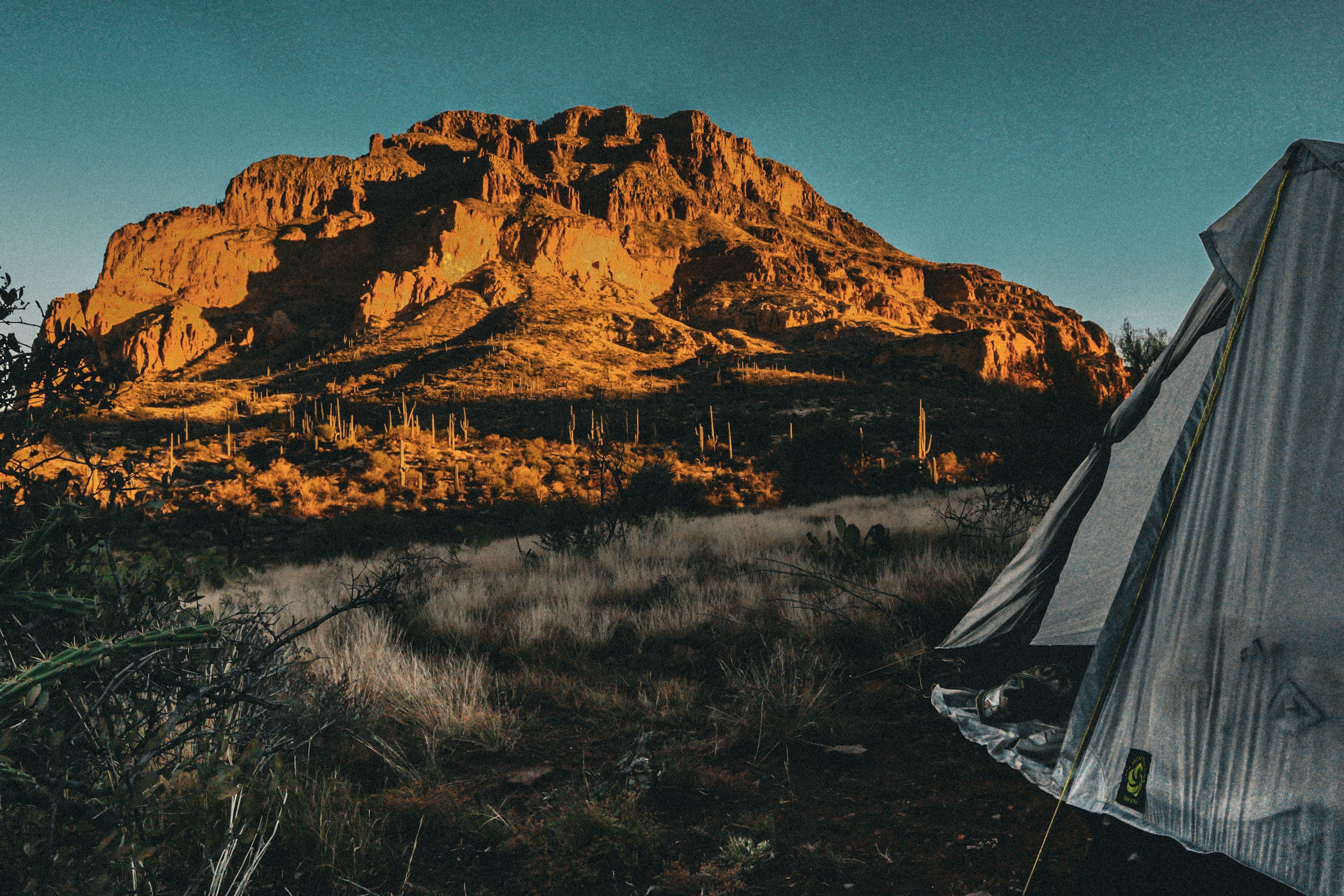
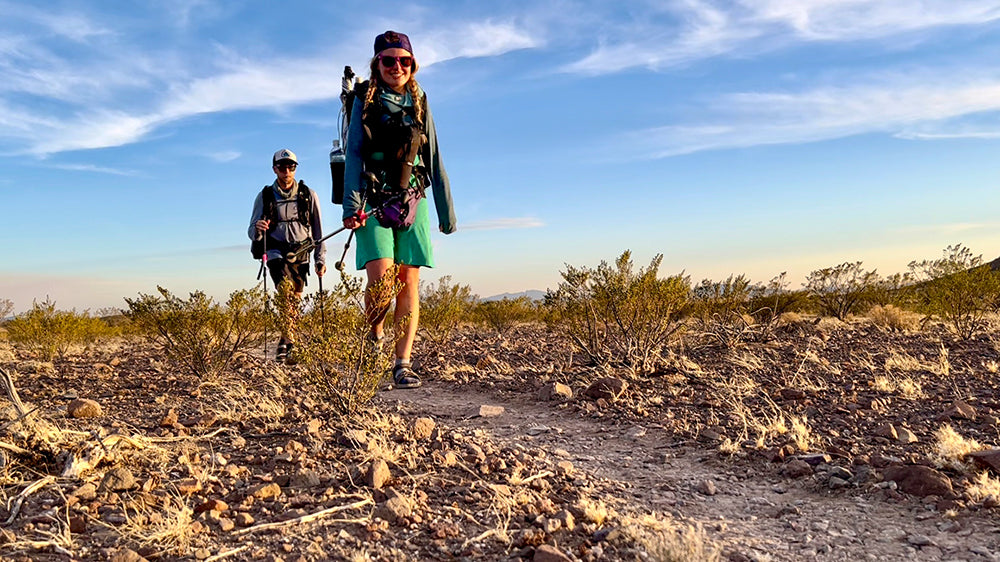
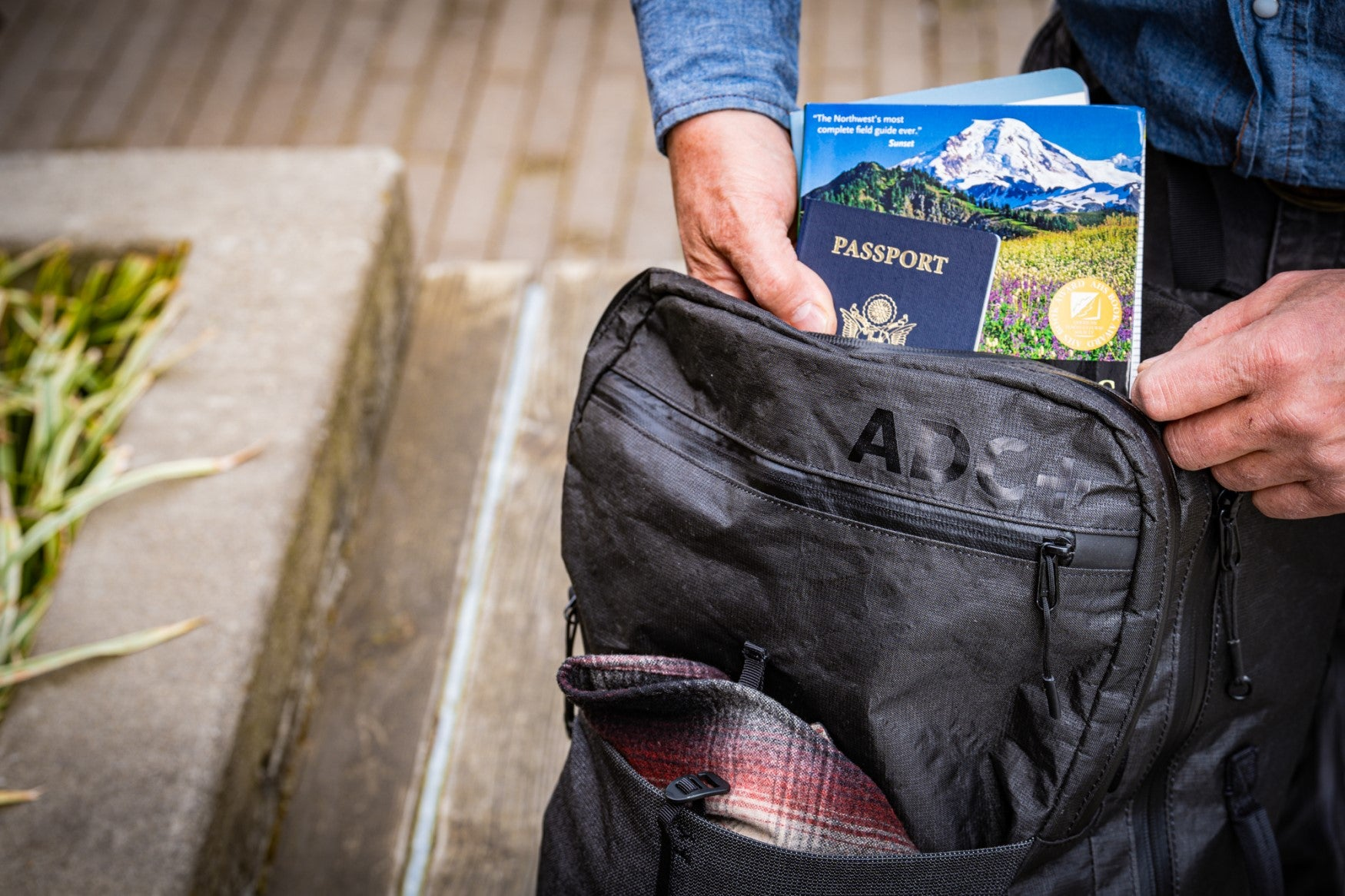
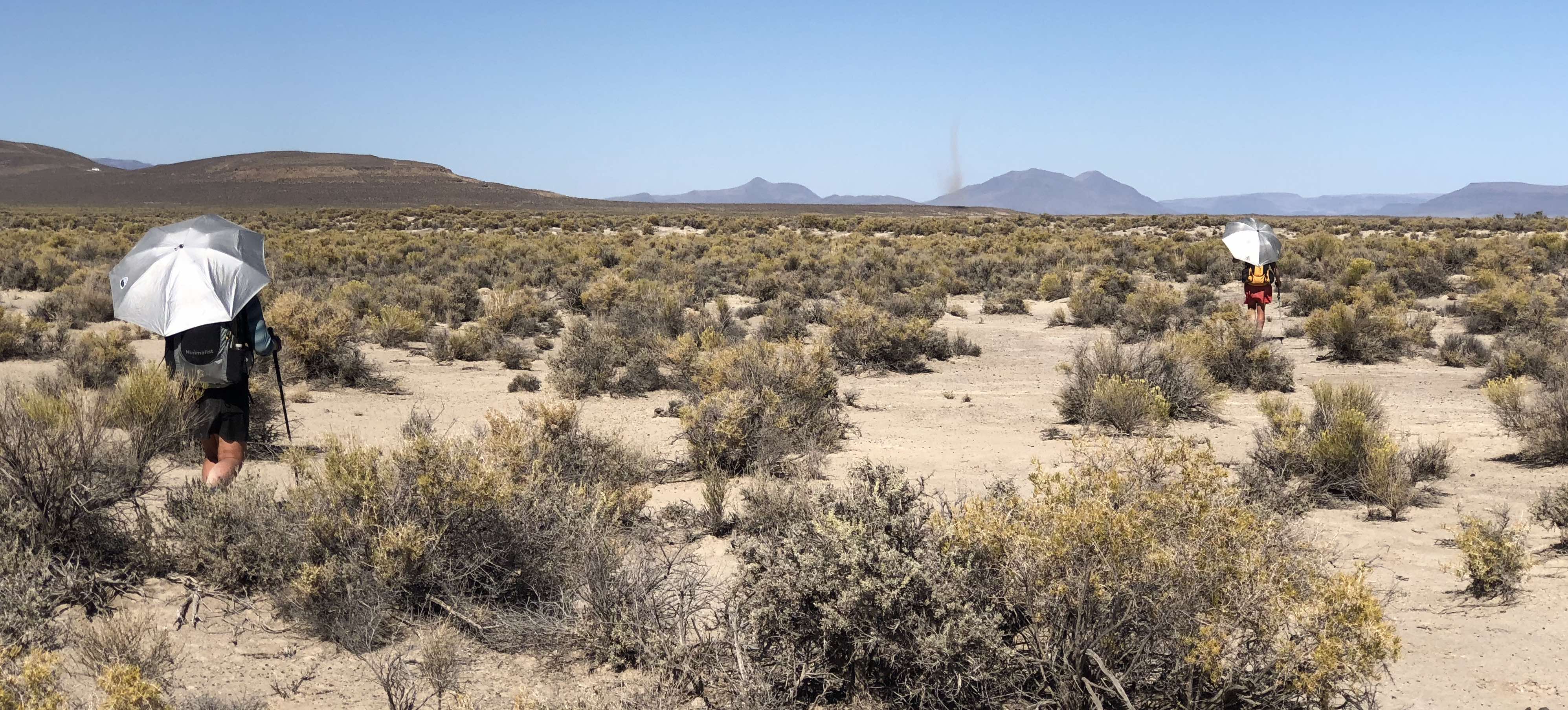
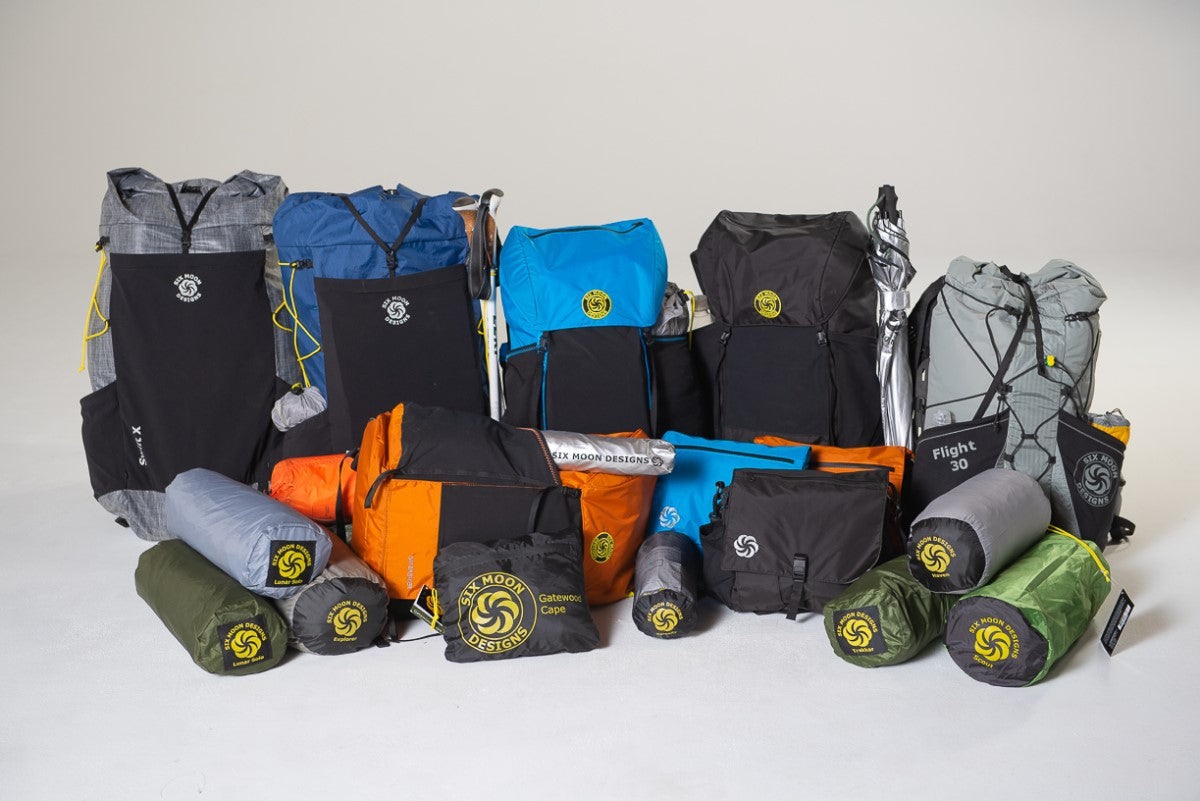
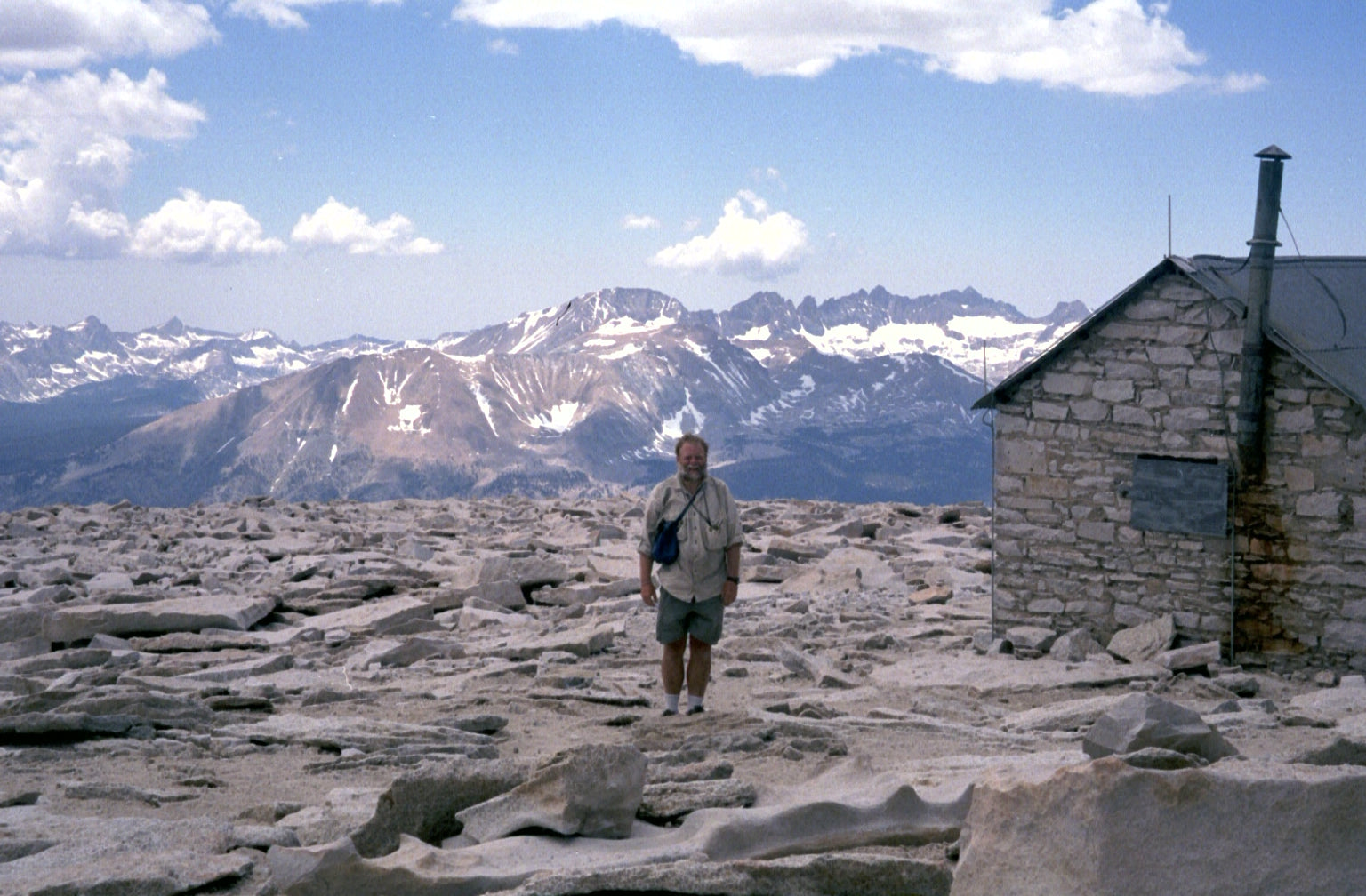
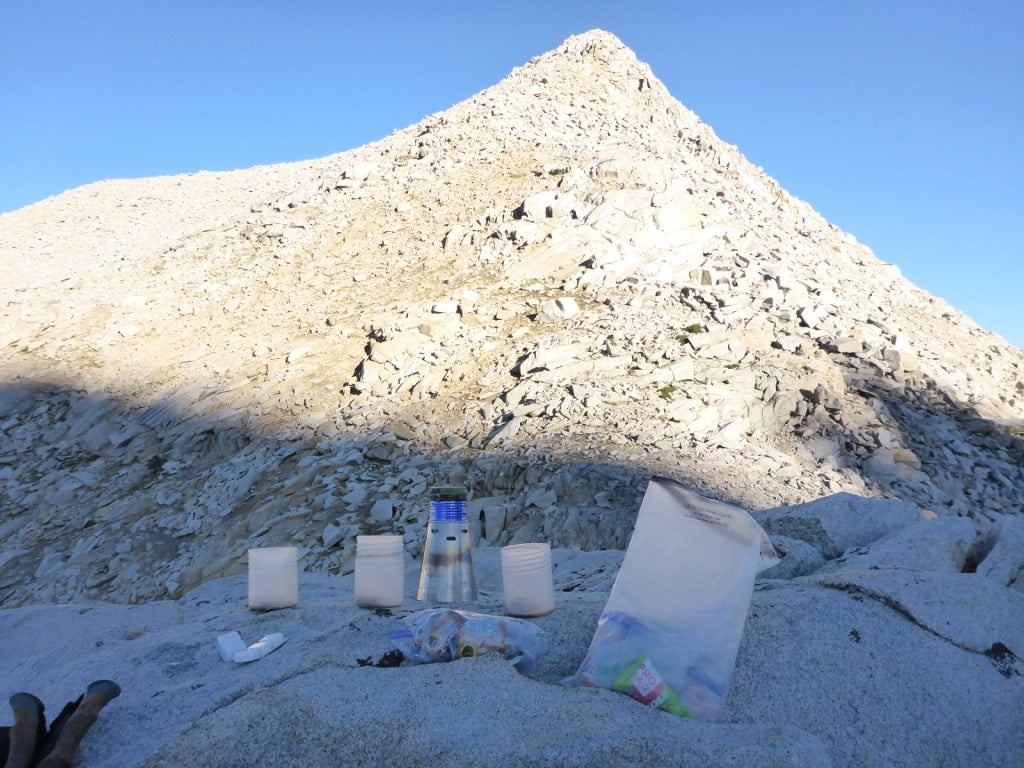
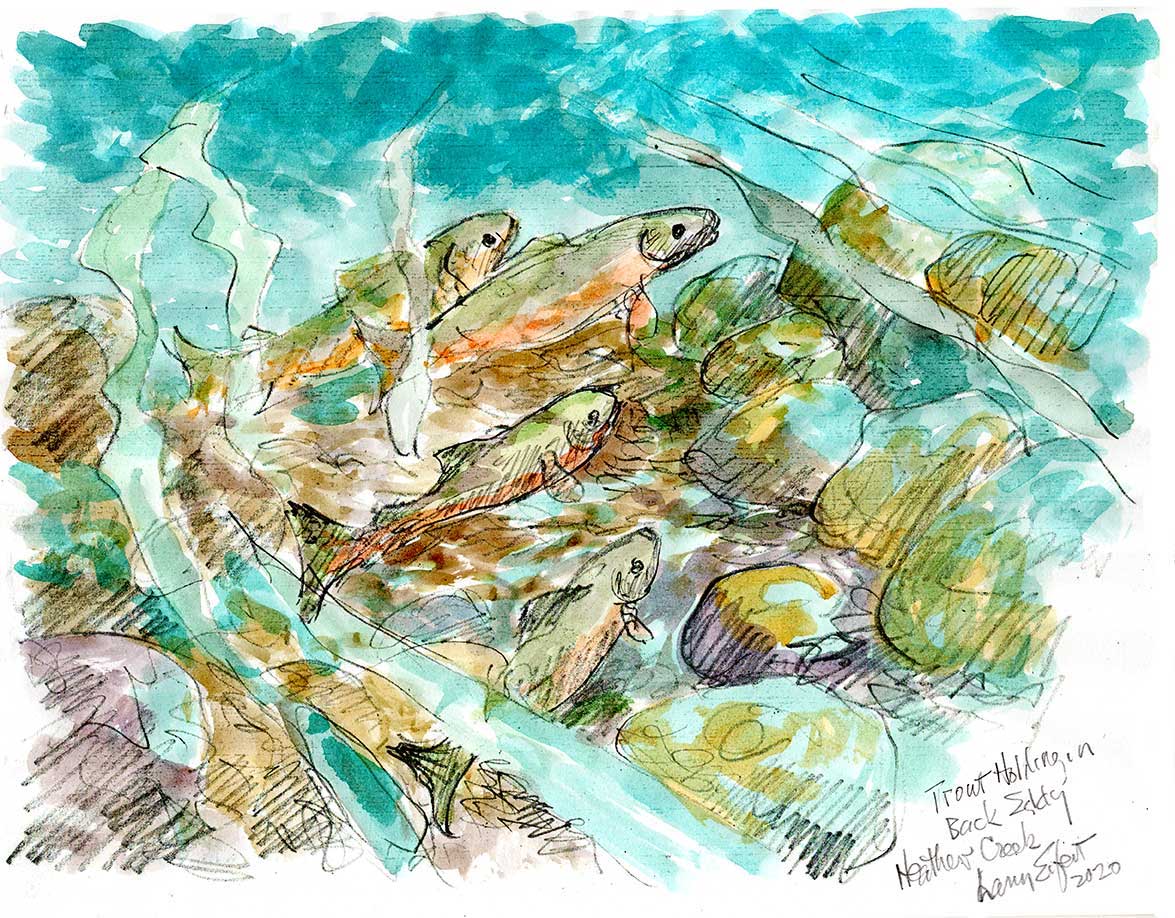
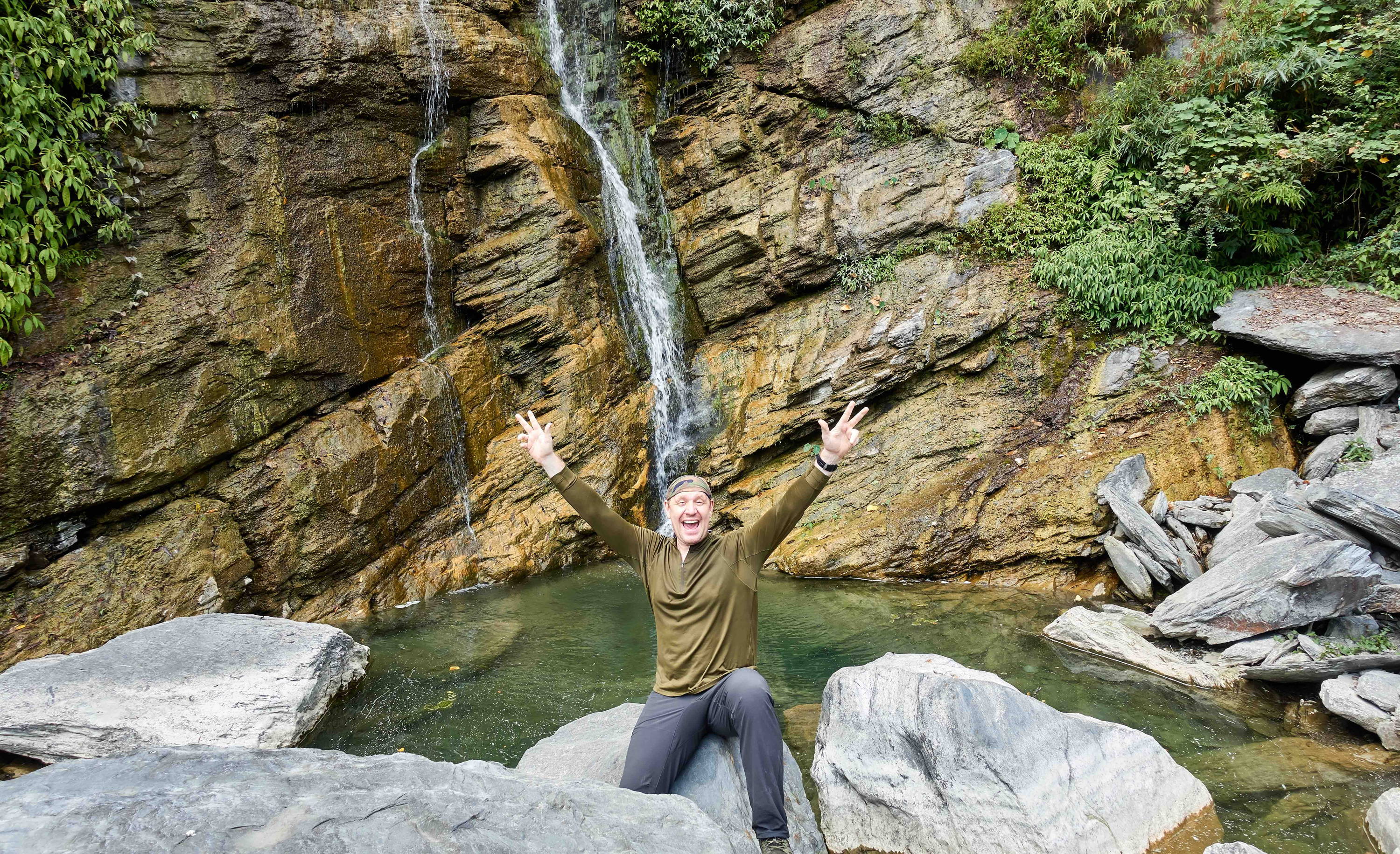
Leave a comment
This site is protected by hCaptcha and the hCaptcha Privacy Policy and Terms of Service apply.